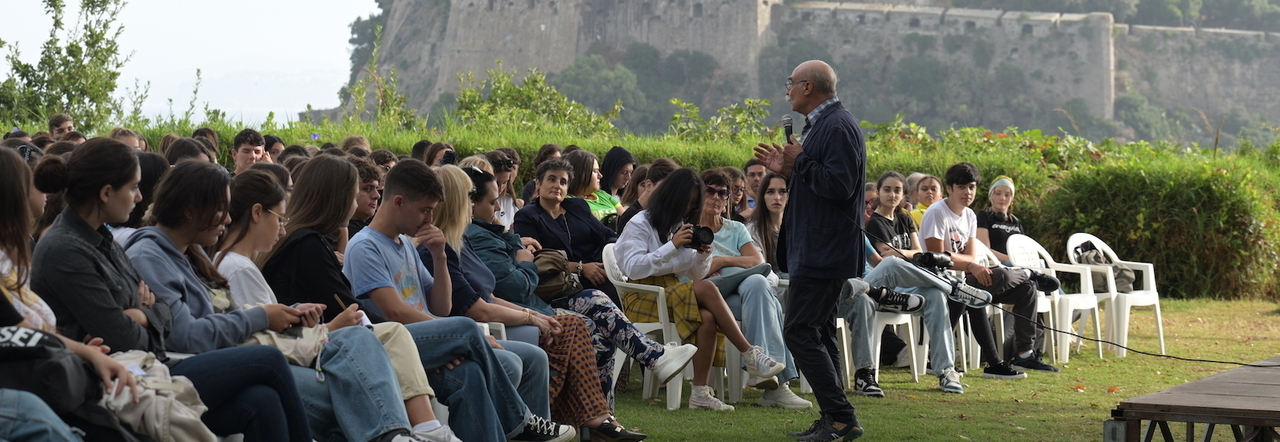The case of Chiara Ferragni, the ever-growing necessity to regulate the world of influencers, the proliferation of haters. And yet: artificial intelligence and algorithms, which increasingly condition our existence.
The international philosophy festival of Ischia, In-Philosophy Festival, launches its tenth edition: the theme is "Artificial identities. Online or offline, that is the problem", from today the "call for papers" is open to thinkers, researchers, young philosophy students from all over the world, who will have time until April 15 to propose relations and insights on a very current theme, which will inspire - from September 1 to 22 - workshops, conferences, talks, book presentations with national and international cultural figures, but also ecological days, art exhibitions and performances, according to the now consolidated format of the event, promoted by the InSophia association.
"The Philosophy Festival of Ischia has now become a cultural reference for many scholars and enthusiasts. - explains Raffaele Mirelli, director of the event - We are happy to propose such a delicate and current theme. There are so many versions of ourselves and the virtual world has allowed us to "be" and "not be" what we are. We live inside a Metaverse that does not only need our body, our face. Social media have thus created new opportunities to express and define one's identity. Through the sharing of photos, thoughts and interests - Mirelli continues - today you can create representations of oneself online, real digital selves. If on the one hand this aspect can be considered as a terrain on which to build, in a creative way, a more free self to cross the borders of a society concluded in the moralism of real life, on the other it could put individuals in front of a dilemma: "being" oneself online or offline? A paradox that well summarizes the time in which we live. It is no longer relevant to know oneself, but 'how many times' we have to learn to do it during our existence".

